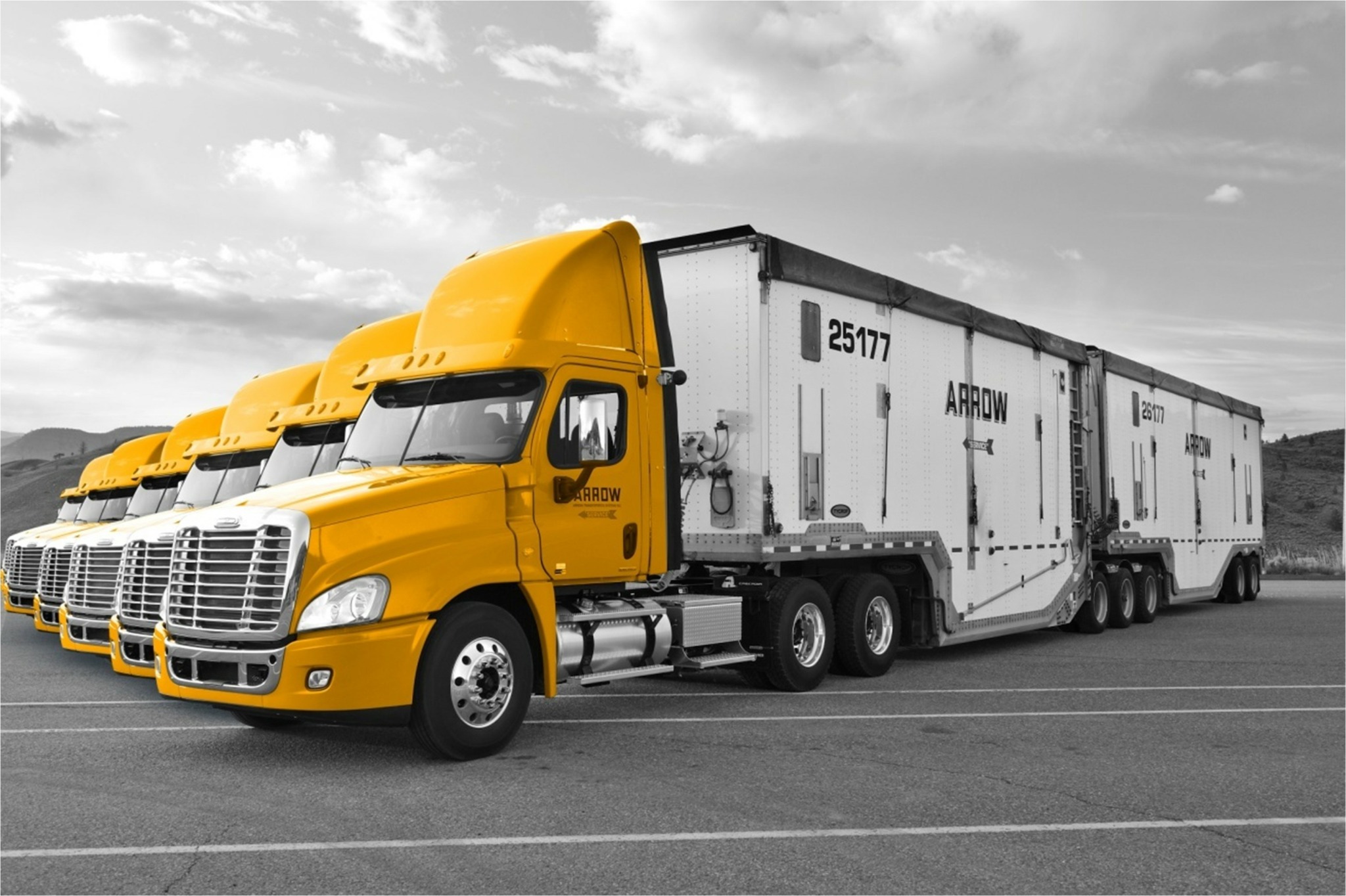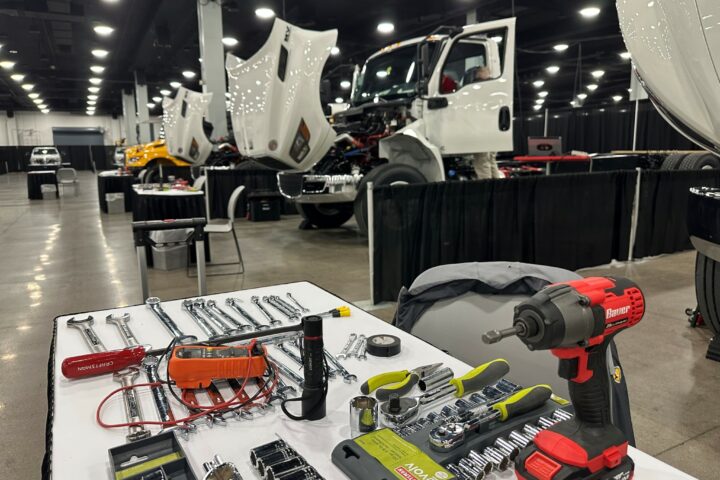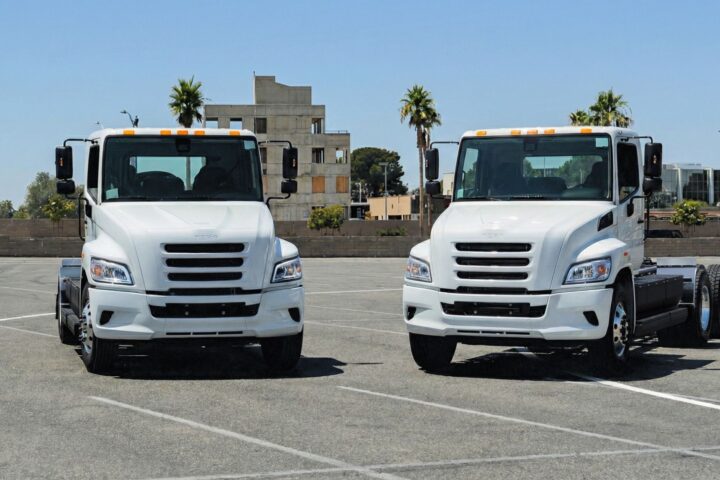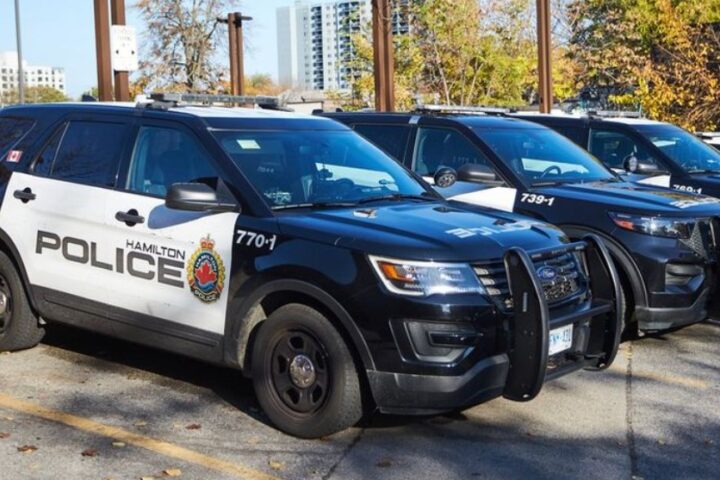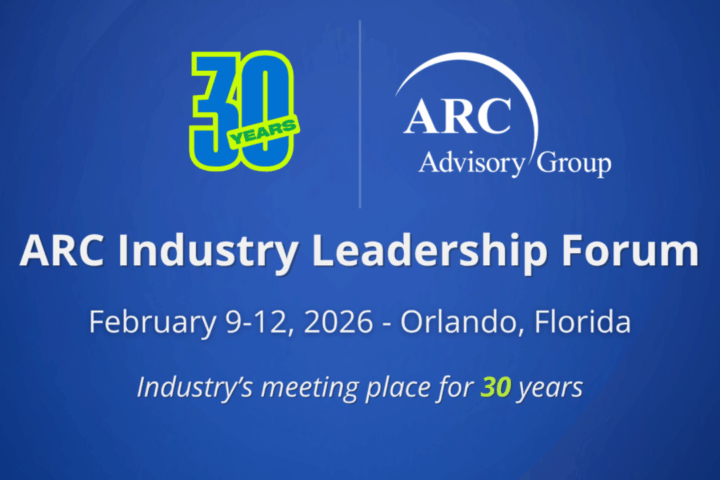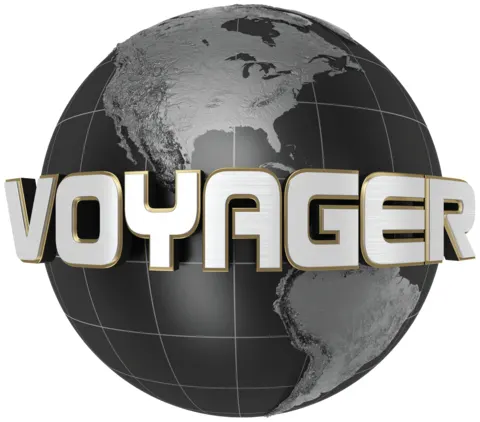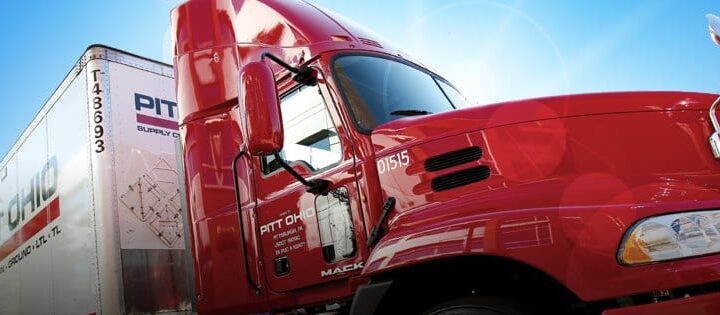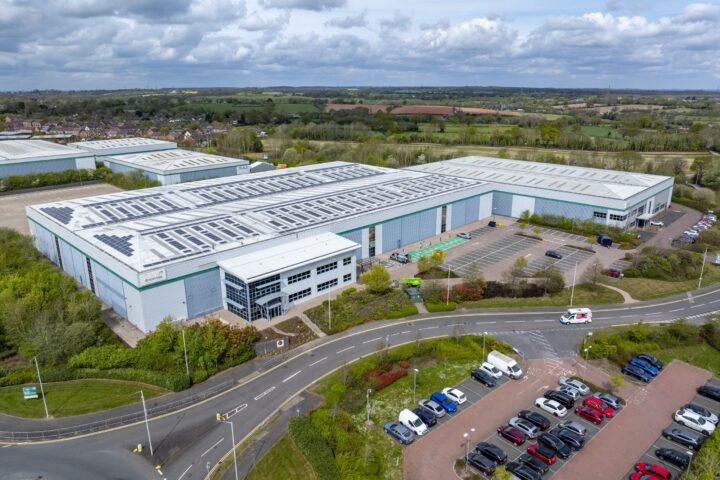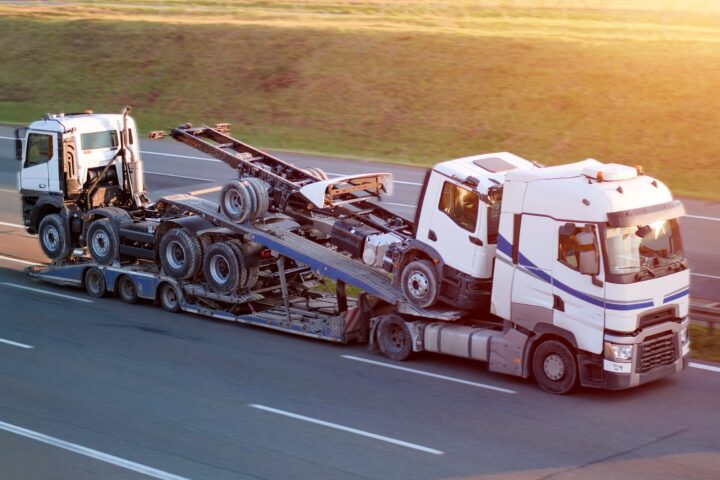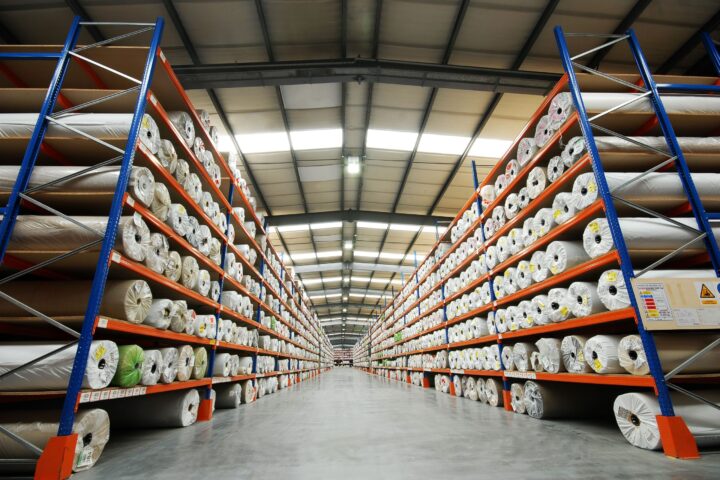Arrow Transportation Systems is banking on incremental successes and achievable goals to drive its sustainability targets.
The Kamloops, B.C.-based bulk commodity hauler is focused on reducing emissions, according to Jacob Adams, director of sustainability and risk, and manager of optimization.
Arrow targets a 2% reduction in carbon emissions per year. This is hard to do for a growing carrier. It is ranked 25th in trucknews.com’s Top 100 list, with 468 tractors and 1,204 trailers.

But the company has achieved a 7.54% reduction in tonnes of carbon dioxide equivalent over the past three years. “If we can do 2% every year, where are we going to be in 20 years?” asks Adams. “These little wins are substantial.”
Fuel efficiency initiatives
In the near-term, the carrier is targeting the proverbial low-hanging fruit. These include installing cab fairings and side skirts and switching to low rolling resistance tires. Provincial government grants help fund some or part of these initiatives.
Saving half a per cent or 1% on fuel for all the trucks in the fleet is a lot of money given they collectively traveled more than 70 million kilometers last year.
A big part of the company’s sustainability push involves using renewable diesel that is produced from renewable biomass sources like vegetable oils, animal fats, and waste oils.

Arrow has built a R100 fuel island in Chilliwack, B.C., for its trucks. Adams explained that R100 is very similar to biodiesel, except that it is injected with hydrogen and goes through a hydrogenation process. This allows for trucks to operate at temperatures down to about -12 to -15 Celsius.
Lower greenhouse gas emissions
The fuel can be used with existing engines and offers lower greenhouse gas emissions — about 67% — compared to conventional diesel, he added.
About 75 trucks in the fleet are sleepers and the rest are day cabs, so there are a lot of trucks that return to base to refuel.
Adams noted that no operation efficiency is lost because drivers can use normal diesel if they are away from the Chilliwack facility. The carrier has not found any issues with engines or warranties with the transition to R100, he added.
There is a cost to this. R100 is priced at about 12 to 15 cents a liter more than regular diesel. Bulk purchasing helps secure better rates, Adams informed, but does not bring it to parity.
Return on investment
So why is Arrow spending more money on fuel? “Because it’s the right thing to do and it’s the best return on investment on your emissions reduction,” Adams said.
The carrier will also sometimes ask a customer if they are willing to pay a little more to reduce their emissions. There are big customers out there who are willing to pay a small premium for a sustainable product, he added.
The tough part in the long term will be securing this fuel supply as it gains popularity and others begin utilizing it.
Looking toward the future, the goal is to operate zero-emission trucks.
The company will participate in a prototype field test of the Cummins 2027 X15 engine over a two-year period. The trucks will haul up to 140,000-pound (63,500-kg) loads in extreme weather conditions in Western Canada.
Hydrogen fuel cell projects
The company participated in two hydrogen fuel cell projects. The first was the Alberta hydrogen fuel cell truck pilot using a Class 8 vehicle from Hyzon Motors. Hyzon wound down operations and the truck had to be returned. Arrow tried a similar project with a Nikola truck. But Nikola ran into financial difficulties.

The Alberta Motor Transport Association has bought the Nikola truck and the project is running this year, the company said. Arrow will haul lumber in Alberta for an eight-month period using the hydrogen fuel cell truck. The biggest challenge is payload, Adams noted.
Arrow also participated in another project with a Hyundai Xcient hydrogen truck, partnering with HTEC and a customer in a regional operation. The customer later withdrew participation.
Adams said that Arrow trucks haul heavy weights – ferrying loads like lumber, liquid, oil, gas and steel. Zero-emission vehicles are expensive and cannot move heavier loads. And when something breaks down, it is hard to find parts quickly.
Despite the drawbacks, Arrow is keen to learn about these vehicles. Adams said that in a few years, when more of these types of vehicles are on the road, the carrier wants to be prepared.

